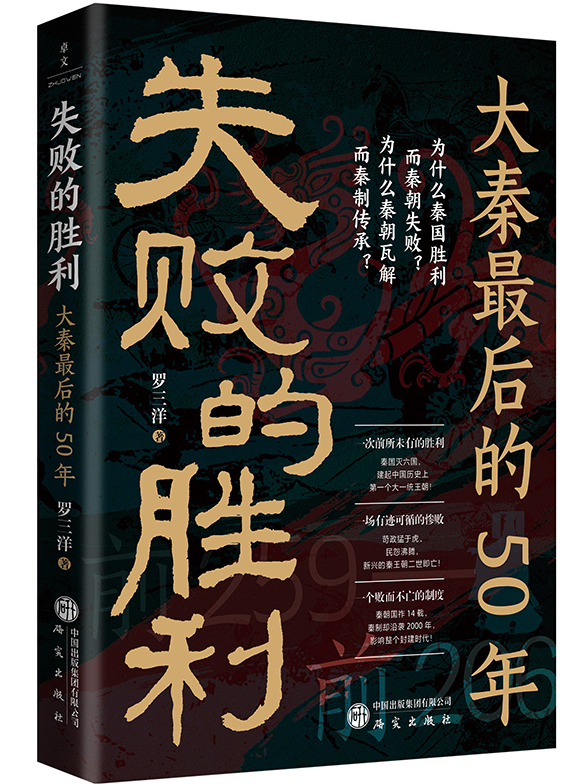
In his mere 50 years of life, Ying Zheng accomplished unprecedented feats and ushered in a grand era centered around “unification.” He unified the six states and founded the Qin Dynasty. He established a centralized system with the emperor at the top, incorporating the imperial system, the three councilors and nine ministers, and the prefecture-county system. He implemented reforms such as standardized writing, unified cart tracks, consistent codes of conduct, and the standardization of weights and measures, thus establishing the norms for a unified empire and marking the beginning of China's feudal era. However, following Ying Zheng's death, his policies precipitated the rapid collapse of Qin rule: Chen Sheng and Wu Guang raised their banners in rebellion, sparking the first large-scale peasant uprising in Chinese history; Liu Bang and Xiang Yu competed for control of the Central Plains, engaging in a protracted struggle for power. Why was it that only Qin was able to unify the entire country among the seven states? Why did this era of unification function so efficiently under Ying Zheng's reign, yet collapse swiftly after his death? These are the questions that this book seeks to answer.
